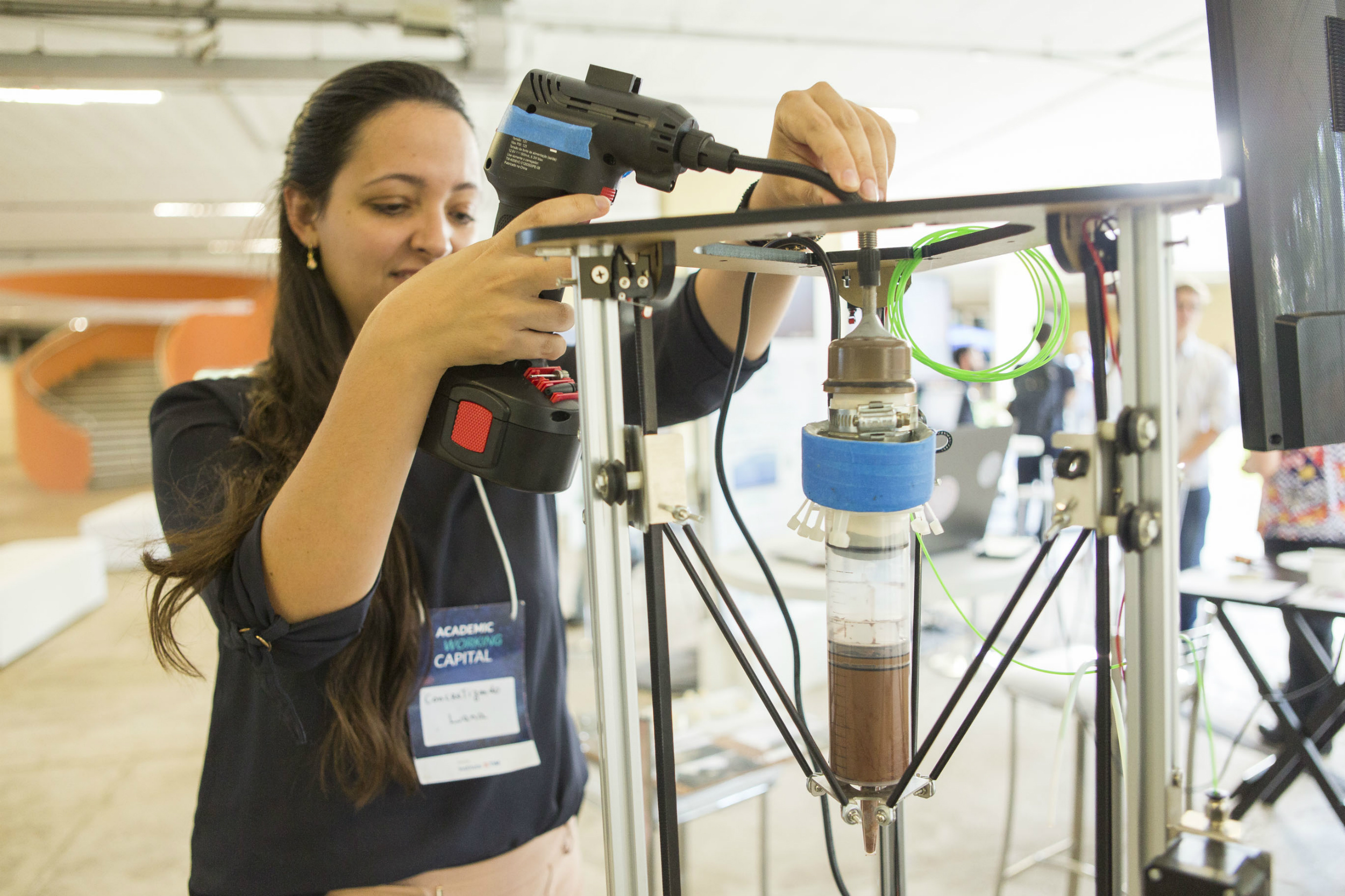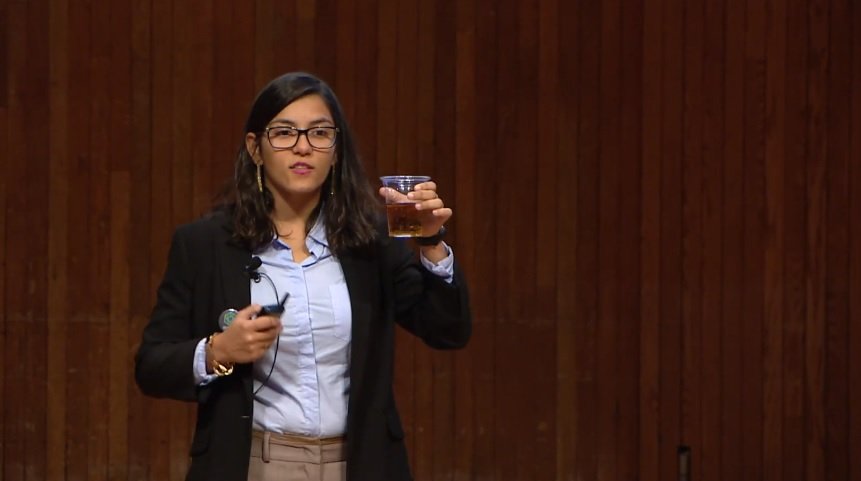“Exponential Education” students develop fictitious apps companies and expand entrepreneurial skills

The “Educação Exponencial” (Exponential Education) course is in the full swing of its learning path, bringing significant advances in the training of participants. With varying ages, students are immersed in an environment that stimulates creativity and collaboration, in which they have the opportunity to develop their entrepreneurial skills through the use of technological tools.
The program is an initiative of the One By One NGO, which has the support of TIM Institute. Aimed at young people assisted by the NGO and their families, the course aims to train not only the students, but also the whole family. The learning acquired expands the opportunities and areas in which students can work, as student Gabrielle da Silva declares: “By learning to deal with computers, I will be able to help my mother with the clothing sales catalogs and take advantage of everything that information technology has to offer”.
Over the past few weeks, students have delved into the challenge of creating fictional app development companies. Among the ideas created, attention is drawn to that of the “Thunder” group, made up of students between 9 and 11 years old, who developed an innovative application that offers technical support for mobile devices and computers. The platform includes features such as renting devices in cases of loss or theft, directing technical assistance, comparing quotes and selling products related to device protection.
The current class of the “Exponential Education” course began its activities in March, with the aim of preparing students for the challenges of the constantly evolving job market. Through the use of innovative methodologies, such as Design Thinking, the course offers a more accessible and playful technological educational approach, providing participants with the necessary skills to face market demands with confidence. The learning trail is made up of 11 comprehensive missions, which address topics such as “Creating companies and logos”, “Identifying problems to be solved”, “Research with the target audience” and “Business Canvas”. This journey culminates in a final presentation, where students have the opportunity to demonstrate all the knowledge acquired throughout the course.
Thaissa Anselmo Xavier shares her transforming experience: “I think the experience of dealing with computers was something very impactful. I didn’t even know about the existence of slides, spreadsheets, among other resources. I also learned to type much faster on a notebook, something that I wasn’t used to it. I learned a lot of things I didn’t know I could do and it’s been an incredible experience”.
This semester’s class activities continue until July with the final presentation of the developed projects. In addition, students receive course completion certificates and are encouraged to continue developing their technology skills.





































































































